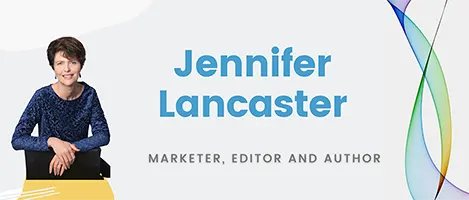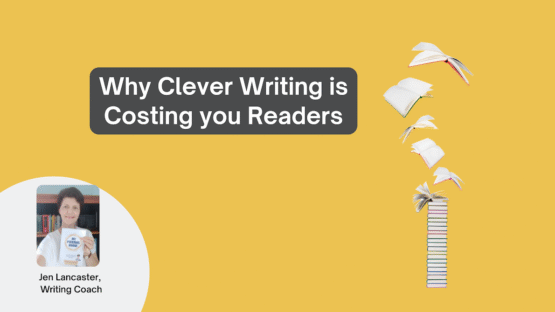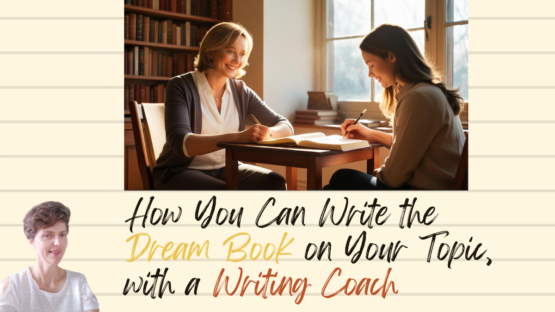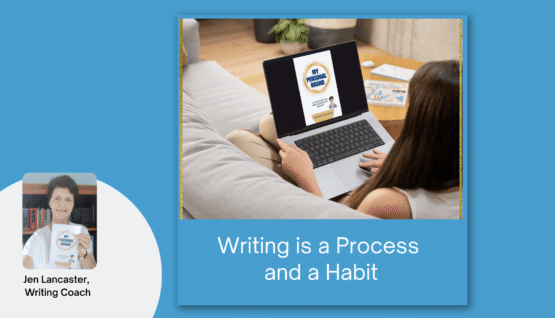
Why Your Manuscript Stays Stuck in Draft Mode
You have a manuscript sitting on your computer. You open it every few weeks, read through what you’ve written, maybe add a paragraph or two, then close it again. Months pass. Sometimes years. You tell yourself it’s because you’re busy. Or that you need more research. Or that you’re waiting for the right time to finish it properly. But here’s what’s actually happening: you’re going round and round in circles because there’s no clear thread. The Expert’s Curse When I was writing Power Marketing, I had tips everywhere. Brand advice here, content marketing strategies there, offline tactics scattered throughout. So much valuable knowledge, and absolutely no structure to hold it together. I kept adding more. Every time I sat down to write, I’d think of another important point that readers needed to know. The manuscript became a jumble. This is…
Read more




